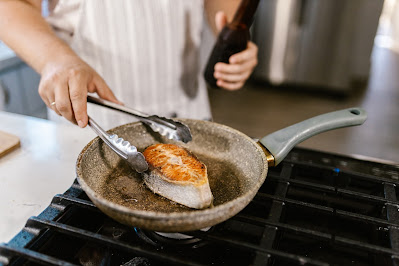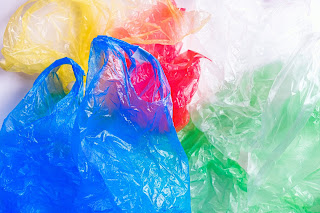Science in Kitchen
Experiments in culinary science are now taking place in kitchens across the globe. Science has a vast impact on cuisine and cooking. Chefs and scientists are collaborating on developing a new field of science that explains how cooking affects food. It explains the fundamentals of cooking, such as the properties of water and the principles of heat transfer to pans and pots, in Modernist Cuisine.
A great cook is always considered a chemist because cooking is a chemistry-based activity. Using a pot and pan instead of retorts and flasks makes it similar to the synthesis of organic materials in the laboratory. In the modern kitchen, the shelves replicate the shelves of a chemical laboratory, except that jars containing spices and cereals are found on the shelves of the kitchen, while reagents and not food-related ingredients can be found in a chemical laboratory.
In the kitchen, chemicals are a major component of most ingredients. If an ingredient is not a chemical, it contains chemical components. This means that everything we cook involves chemical reactions. A perfect example is a baking powder. This ingredient is used in the process of rising the flour. When baking powder is combined with flour and water, the resulting reaction leads to the raising of the flour. The water acts simply as a catalyst for the reaction. Baking powder is made up of sodium bicarbonate, monocalcium phosphate, carbon dioxide and dry acid salts. A third reason to use an oven is due to the fact that some of the chemical compounds in baking powder require heat to produce their active chemical form. For example, sodium aluminium sulfate requires heat to produce its active chemical form. Because the temperature is higher in the oven, heat activates the flour, causing it to rise further. These chemical reactions are what make the flour rise.
Cooking fish means using a recipe, which corresponds to the methodology of conducting a chemical experiment. Chemists sometimes use their names instead of salt when cooking fish. Developing new methods of cooking and reviving traditional cuisines requires an understanding of the processes that occur when nutrients are heated with a frying pan or saucepan.
Conclusion
Whether a chef adheres to classical traditions or advocates improvisation, the ingredients they include in their soup and dish are vital. Rather than treating cooking as an art, the method also incorporates chemical science into the process.















No comments:
Post a Comment
Please do not enter any spam link in the comment box